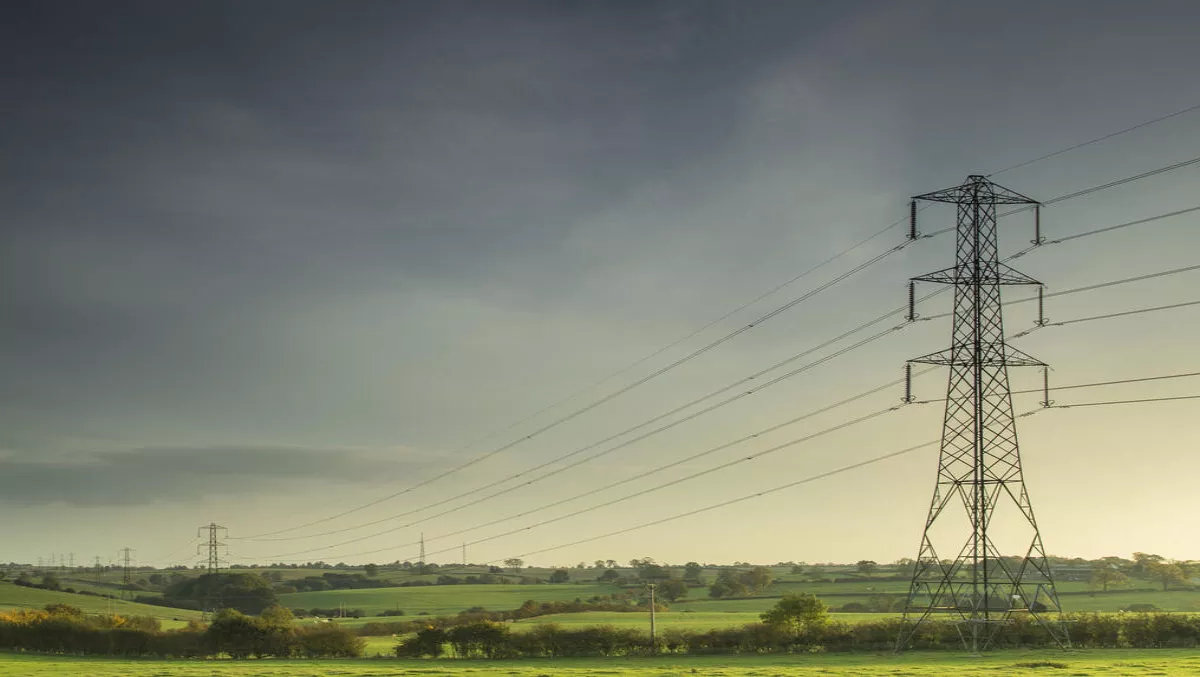
The 2020 EV conversion, does NZ have the necessary infrastructure?
The government's goal to encourage the conversion to electric vehicles has been at the forefront of sustainability news for the last couple of months.
As a country we have been very open to embracing EVs, however, we haven't really asked ourselves if we have the necessary infrastructure to support this transition.
If our transportation sector is primarily made up of EVs, Kiwis will be consuming exponentially more power on a daily basis.
It is thus important that we ask whether or not we are ready to make this leap.
How the growing number of electric vehicles will affect New Zealand's electricity infrastructure is an issue Drive Electric has been investigating.
The group's latest white paper, 'Peak Pressure: what challenges do electric vehicles pose to New Zealand's electricity grid?' suggests cooperation between electricity wholesalers, retailers and the vehicle industry is key.
Eric Pellicer, Powerco spokesperson says, "Unlike homes, it is difficult to track where on the grid EVs will be charging at any one time.
"This is the problem with EV hotspots, we have no idea where they will be.
Because EVs travel it becomes hard to pinpoint where on the grid more power will be needed.
This means that any one particular part of NZ's grid may become overburdened and fail at any time, leaving homes and cars without power.
Pellicer continues, "New EV owners could be encouraged to register chargers with their power provider.
"That way we will have more information about where the EVs are located around the country.
"It will only work if all the different groups co-operate and plan for the challenges ahead.
The times at which people charge their EVs could also become an issue, as peak times burden the electric grid.
Some retailers are already trialling EV tariffs in an attempt to spread the charging load throughout the day.
Meridian, for example, provides significantly cheaper rates between 9 pm and 7 am in the main metro areas of Auckland, Wellington and Christchurch.
Neal Barclay, Meridian general manager says, "How effective such 'carrots' are in practice depends on the attractiveness of the price difference between peak and off-peak times.
"If retailers and lines companies can effectively collaborate, we can come up with pricing that is sustainable and equitable between those who have EVs and those who don't.
The white paper, which was sponsored by Powerco and Meridian, includes research put together from round table discussions held by Drive Electric's board and extended to include member input.
The paper presses us to consider how the NZ electric infrastructure will be impacted by EVs and presents us with some of the necessary steps required to make a clean green NZ work.


